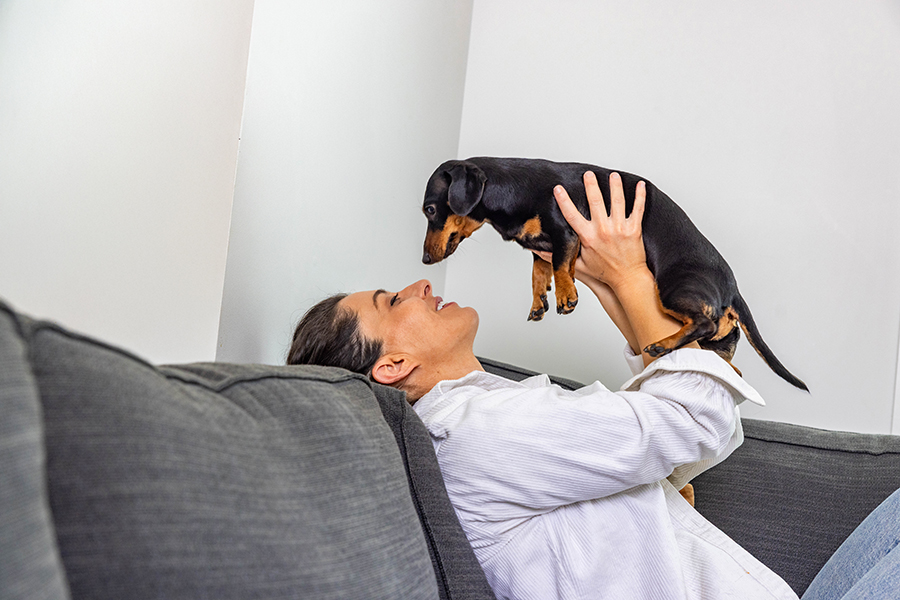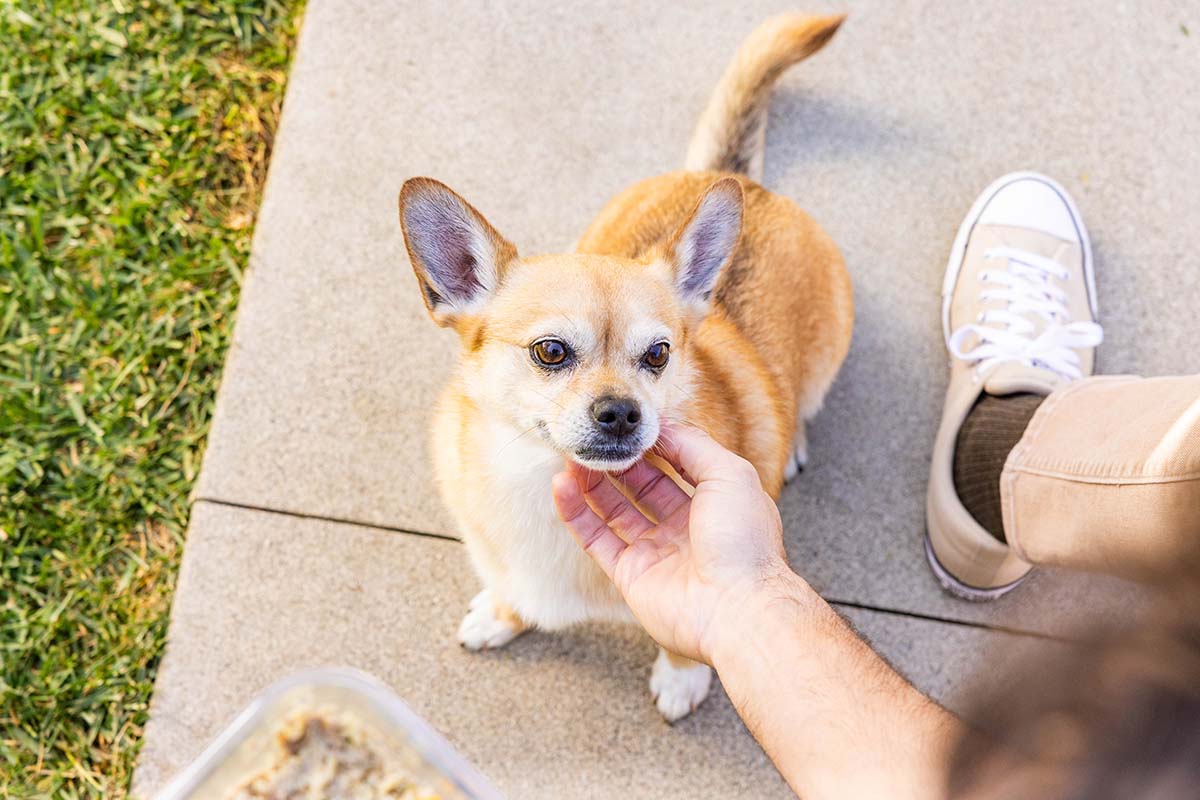Do Pets Get Depressed?
Have you ever thought about how your pets process emotions? Or what you can do for their mental health?
Have you ever thought about how your pets process emotions? Or what you can do for their mental health? While dogs and cats do not express themselves exactly as we do, they do experience a lot of the same feelings that pet parents go through—in their own ways. Yes, even dogs and cats can experience periods of depression. It’s important to find out the causes and know the symptoms to let our furry friends know we are here to help.
A study from the United Kingdom even suggests that dogs can become depressed from their owners using their smartphones too often. Founder of VetUK and veterinary surgeon, Iain Booth, told Metro that “this gadget dependence is jeopardizing the important relationships we have with our pets, particularly dogs and to a lesser extent house cats.”
Have you ever noticed your companion animal pining for your affection or being more vocal when you are scrolling through social media? Pets want to please us and need our attention or else they may feel neglected, similar to children. Disconnecting with a smartphone can potentially harm that bond, causing depression-like behavioral issues.
Symptoms of Depression in Pets
Signs of depression in dogs and cats include the following behavioral changes:
- sleeping more than usual
- lack of appetite
- loss of interest in their favorite activities
- whining/whimpering
- hiding
- appearing generally withdrawn
As a pet owner, it’s important to recognize these common signs of depression. Reach out to your vet if you are ever unsure of the cause, as these signs of animal behavior can also be indications of physical health issues not related to emotional distress.
Why Is My Dog Depressed?
One of the biggest differences between pet sadness and human sadness is that animals, particularly dogs, are affected more by instant changes in their surroundings, while we experience depression more deeply and emotionally over time.
There are a number of reasons why your pet may be sad, including but not limited to:
- loss of a family member
- a major change in routine (new pet, new work schedule, less enrichment etc.)
- environmental changes (moving to a new home, weather, a new baby, etc.)
- a negative experience at home
- illness or injury
- separation anxiety
Talk to your vet or veterinary behaviorist to determine if this is indeed depression or another health condition.
Cat Depression
Cats can be a bit different, as they are not pack animals, like your pooch, and don’t rely on us as intensely. But that doesn’t mean that they don’t feel depression as well. Oftentimes owners don’t recognize cats as being sad, as many cats keep to themselves.
Many depression signs can mimic health problems common in cats such as pancreatitis and renal failure. If your cat is experiencing prolonged depression signs, visit your local vet for a check up. This will give you peace of mind and rule out any serious medical conditions.
Even if you don’t have an affectionate cat, be sure to give them your attention every day to let them know they are loved, whether it be by spoken acknowledgment, pets, or playing with toys.
What to Do About a Depressed Dog or Cat
Similar to human depression solutions, there are many things you can do to help ease your pet’s blues. For dog depression, encouraging exercise, rewarding with special or new foods or treats, or even offering them a trip outside to see their dog friends could get them out of that rut.
Our animals take on a lot of our emotions as well, so being positive around them, especially when they are feeling sad, can raise their spirits.
Figuring out the source of your dog’s behavior change can help you determine what course of action to take, whether it be adjusting a behavior at home or reaching out to veterinary professionals.
Final Thoughts on Pet Depression
Pet parenting can sometimes be a full-time job with unexpected hurdles, but we’re sure many of you would agree it’s one of the best jobs out there! No matter what emotions our cats and dogs get, we want what’s best for their well-being.
It’s also important to note that every pet is an individual, just like us, so what they need will depend on their unique situations. Always consult with your DVM for diagnoses and advice when it comes to your four-legged friend since, besides you, they know them best!
This content is for informational use only and does not replace professional nutrition and/or medical advice, diagnosis, or treatment. It is not a substitute for and should not be relied upon for specific nutrition and/or medical recommendations. Please talk with your veterinarian about any questions or concerns.








